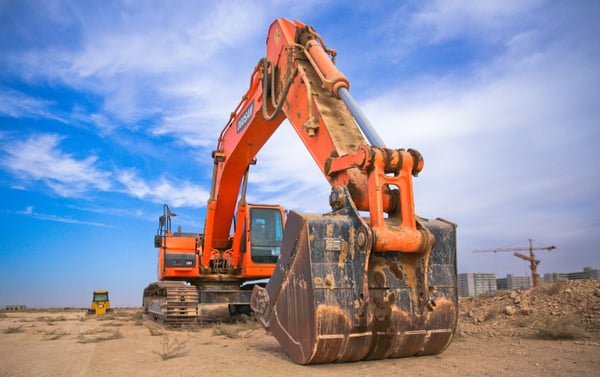When building a home from the ground up, one of the most important decisions you need to make happens before the foundation is even laid, and that is selecting a building lot. Regardless of what part of the country you build in, when it comes to lot selection, there are always things that will either add value to the home or detract from it. Below, we’ve covered some of the most important ones in both categories.
Value Enhancers:
Location/Neighborhood
Presuming you’re building in a city or town, one of the biggest value enhancers is the lot’s proximity to schools, shops, and services. This is particularly true if most of your potential buyers will be families with children. Regardless of whether the home is going to be built in an established neighborhood or an up and coming one, this rule applies.
Unless you’re building a rural property where seclusion is what buyers are after, making sure the lot is in a place with a neighborhood feel is paramount to buyers, and can get you a bigger return on your investment. But remember, an area that is too close to commercial businesses may not be desirable, so striking that balance is key.
Light and Exposure
A site that gets excellent light can be one of the most impactful things when it comes to added value. And the great thing is, if a site gets good light, you can get a true sense of that before the home is even built. While shade can help minimize some bills in the summer months, too much shade is undesirable. And if you plan on incorporating green materials such as solar panels on the home, the amount of light the site gets will of course be very important.
Another important consideration when selecting a lot, is thinking about which parts of the home will face the light once it is built. According to real estate website Zillow, “Many homes are designed with the primary family living spaces at the back (kitchen, breakfast room, family room). These are the rooms you want sunlight in.” So, when looking at the lot and visualizing the build, think about placing it so that those rooms face south, southeast, or southwest.
Private Lots and Corner Lots
Particularly in urban, or semi-urban areas, most potential buyers will want a decent level of privacy. While being in a neighborhood is desirable, being within earshot of your neighbors is not. Therefore, when looking at lots, know that ones offering more privacy than comparable lots in the area will most definitely add value. Similarly, corner lots can also add value to the home, but this one is tricky, as it depends largely on what that corner is facing. A corner facing away from the road and into a ravine or green space can really make a site special for a future home, but facing another road will likely not add value.
Value Detractors:
High Traffic
This one may seem obvious, but it’s certainly worth mentioning as it can be one of the biggest things to devalue a perfectly good lot. Even if a lot is large, if much of the perimeter is in a high traffic area, the size of the lot may be of little benefit. This is especially true for single family homes. However, if the lot is intended for a multi-unit dwelling or, if the home can be placed in such a way to be far enough from traffic, the reduced value may not be as significant. It is also worth noting the variance of traffic throughout the day.
Vacant Lot Adjacent
If your dream lot is almost perfect but faces a vacant lot, you may want to rethink it, as this can devalue the property based on what may spring up on that adjacent lot. This may not apply if a planned subdivision is in question, as you may be able to see their plans and know exactly what you're in for. However, if the neighboring lot could wind up with something blocking the view from your lot, or towering over it, this could result in quite a significant decrease in value.
Irregular shape
An irregularly shaped lot may seem appealing, and even full of unique possibilities, but think about the added costs it may bring during the construction phase. For example, special engineering considerations may need to be applied to an unusual lot, such as drainage modifications, and there may be architectural hurdles as well. For these reasons, it may not be the best value for your money.
Selecting a building lot is a crucial and vital part of the building process. It can make or break a project, depending on location and surroundings. Be sure to do your research on the location where you want to build well before you break ground. Know what area plans might include and how those plans could impact your build.

Recent Posts
- Spec Home Loans: Complete Guide to Construction Financing for Builders
- Spec Construction Loans: A Spec Line of Credit Is Worth the Paperwork
- Spec Homes and Pre-Sale Homes: Relative Benefits for a Spec Builder
- Spec Construction Success: Insights for the Investor Builder
- How Is a Spec House Different From Other Kinds of House Construction?
